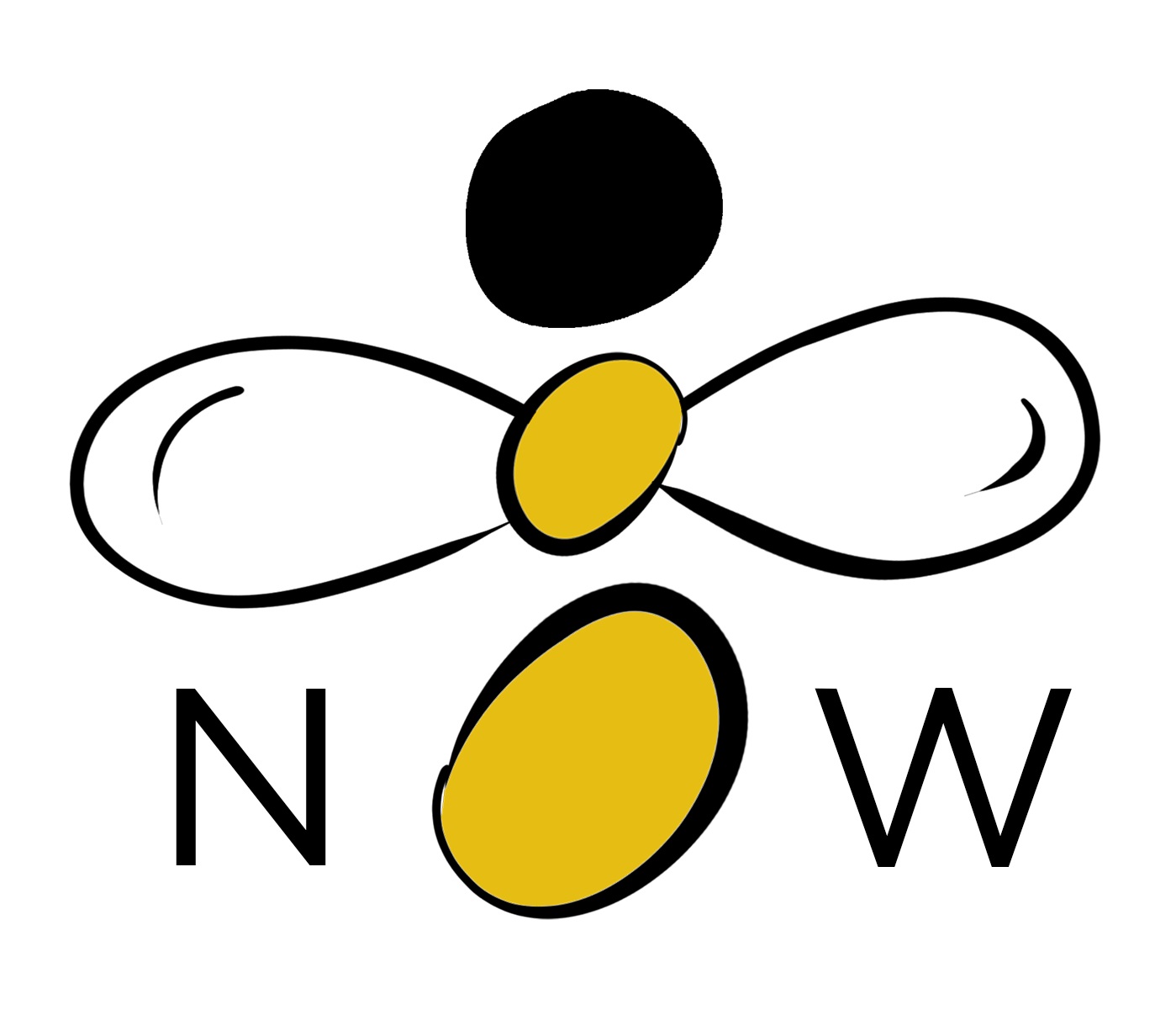A typical warm and sunny afternoon in San Diego, I entered the hotel lobby to meet with Timi. A thoughtful friend and mentor and a successful executive coach, she was easy to talk with and sharp at cutting to the real issues. We sat in the lounge area and began to catch up on work and life. The underlying thread that shaped the conversation was one of purpose and growth.
I told her about my recent trip to Europe and how I wanted to align my research and long-term vision. The main themes I had been exploring were centered on work-related issues – mainly collaboration, creativity, mindfulness, and innovation. She drew attention to my strengths and ambitions and told tales about how she guided people to think differently in the workplace.
Articulate and precise, she told a story about helping a manager realize a blindspot in her relationship with a subordinate, which had become especially evident during a time of need. Through the coaching session with Timi, the manager reassessed her relationship with the colleague to build trust and friendship going forward.
She shared other examples where she would ask questions at distinct moments in the conversation. Things like “how do you want to be remembered?” or “what would you do differently?” Such tactical questions can help re-frame problems and guide forward-thinking solutions.
As a coach, she does not force the discovery process; she is not judgmental yet perceptive on picking up cues and patterns to guide the conversation in fresh and revealing ways.
While remaining curious and objective through tough conversations, Timi also trusts her client’s abilities to notice what needs improvement. As a coach, she does not force the discovery process; she is not judgmental yet perceptive on picking up cues and patterns to guide the conversation in fresh and revealing ways. By curiously engaging the “elephant in the room” and providing conscious feedback, she is able to generate needed insight and awareness.
At one point I asked her, “How do you keep your own ego in check when coaching people?” She took a pause, gazed across the room, turned back to me and said, “By finding satisfaction in seeing the other person’s face light up and actively looking for those moments.”
Whether at home or work, coaching is an essential life skill as it’s an act of connection and discovery. The goal is to draw out the best in ourselves and others and enable each other to make sound decisions. By staying curious and present without forcing premature judgments, we can objectively assess what needs to be examined and transformed.
